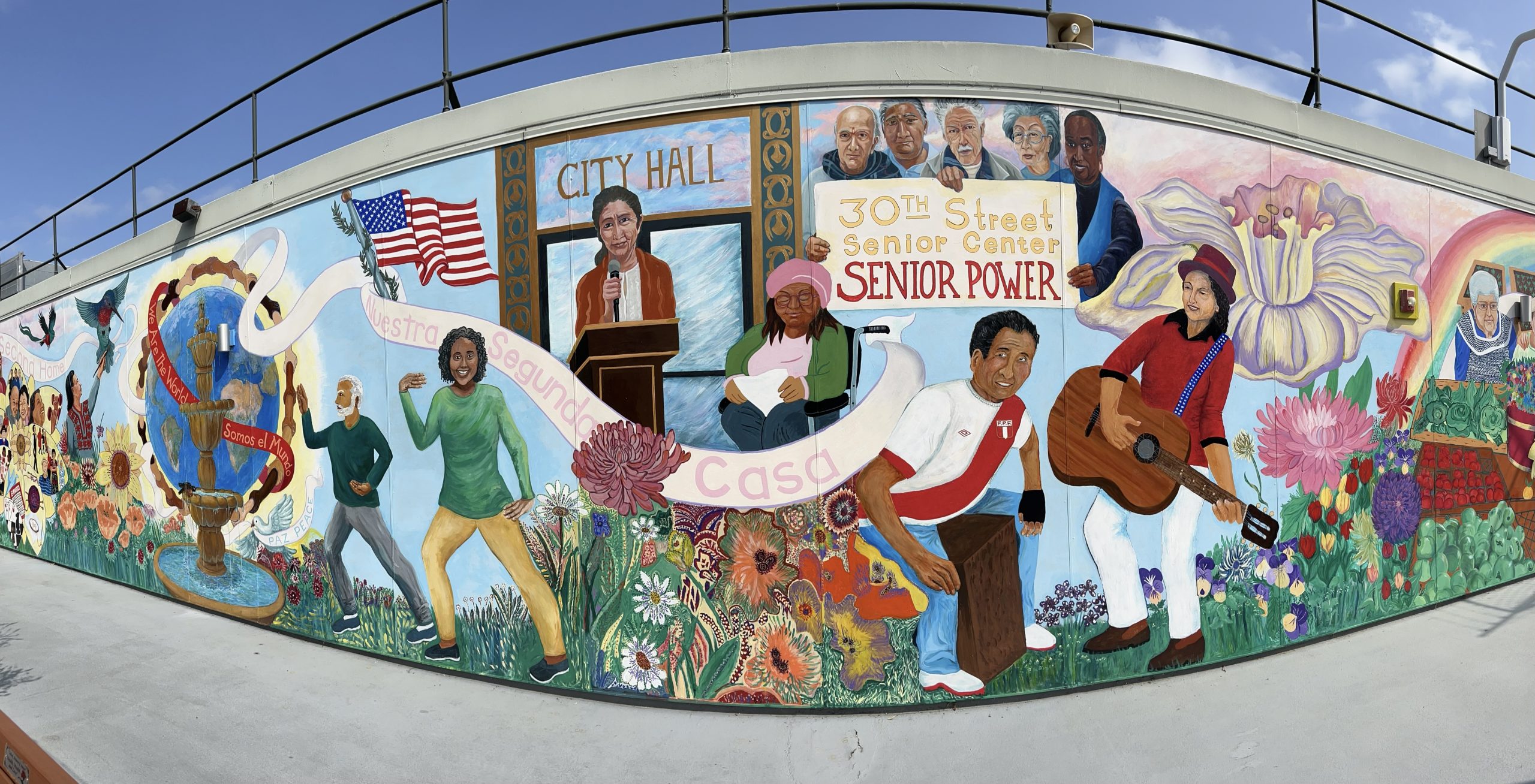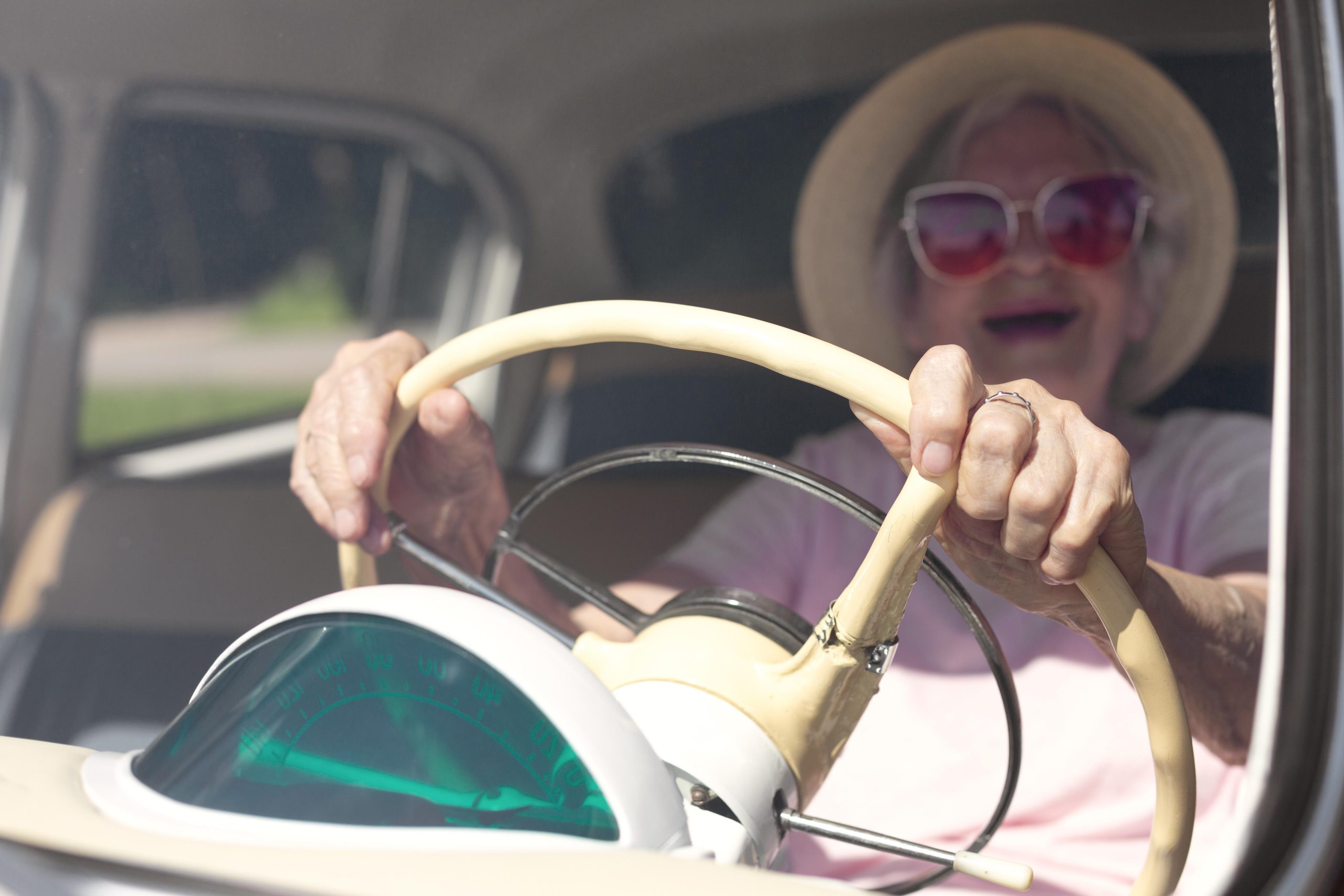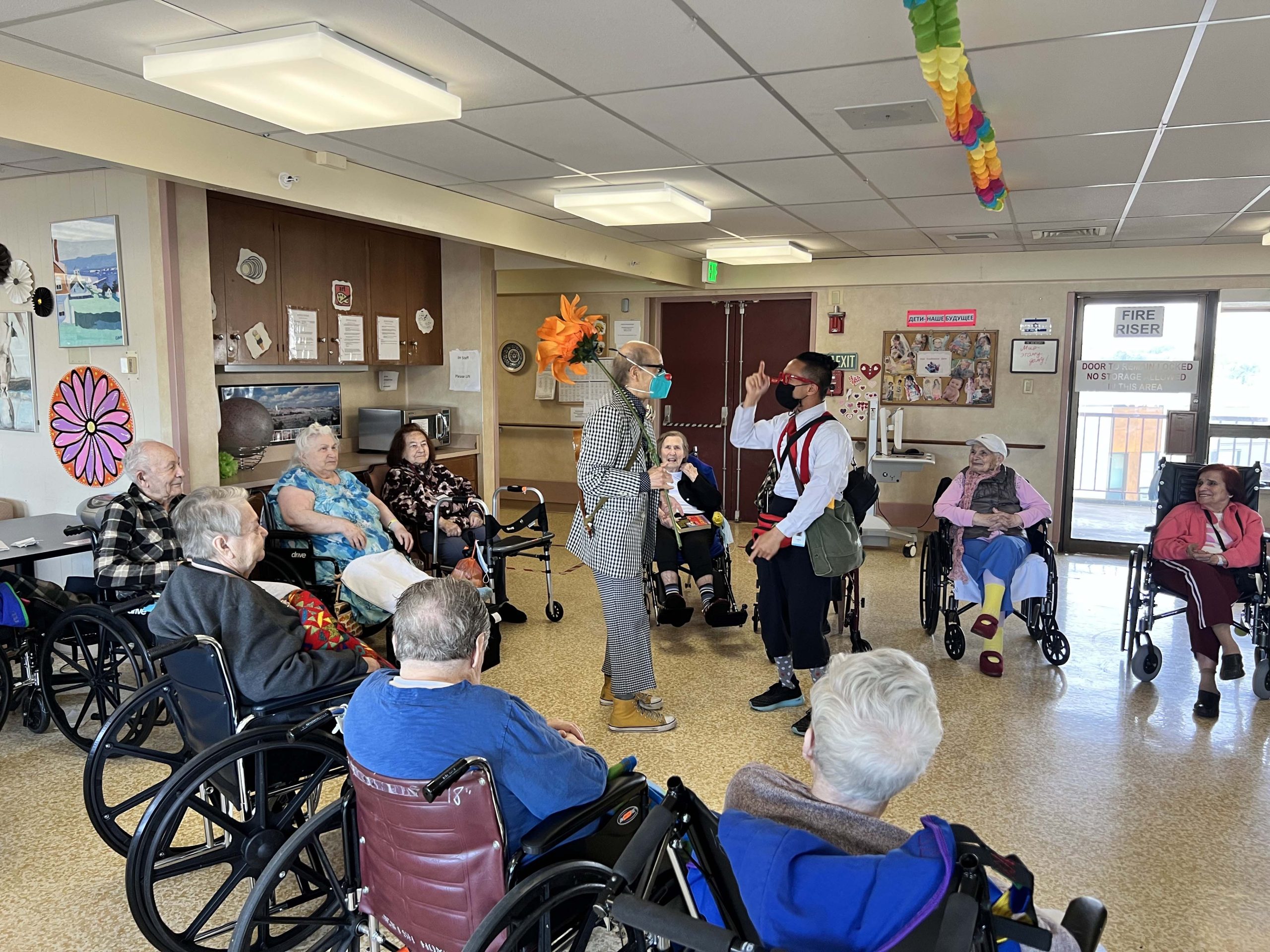Too many Americans are lonely, not just the elderly. But the costs may be higher.
CREATING COMMUNITY – A 2018 survey by Cigna found that nearly half of Americans feel lonely sometimes or all of time. And the loneliest group, according to the study, is Generation Z, adults ages 18 to 22. And social media use alone is not a factor.
By comparison, in a national poll of 2,000 adults aged 50 to 80 last year, only a third said they lacked companionship or felt isolated. But for older adults, the health implications are greater.
Research shows that chronic loneliness can impact older adults’ memory, physical well-being, mental health and life expectancy. Health and government officials are taking note, creating and sponsoring new programs to fight isolation and building human connections.
Those of the 2,000 respondents to the University of Michigan’s National Poll on Health Aging who reported being lonely were more often women, the unemployed or people living in lower-income households or those who live alone. They were also more likely to report fair or poor physical health and sometimes mental health.
Medicare spends an average of $1,608 more per year on each older person who has limited social connections than for those with more robust connections, according to a 2017 joint study by AARP and the Center on the Demographics and Economics of Health and Aging at Stanford University. That’s an $6.7 billion a year, more than is spent on treating arthritis, and almost as much as on high blood pressure.
Chronically lonely and/or socially isolated older people are at increased risk for memory loss, heart disease, arthritis, Type 2 diabetes and dementia. It’s a greater health threat than being obese, physical inactive, or smoking up to 15 cigarettes per day, according to Julianne Holt-Lunstad, a professor of psychology and neuroscience at Brigham Young University, who with colleagues analyzed 148 studies on the topic.
Health analysts consider a person socially isolated if they live alone and have less than monthly contact with friends or family, or don’t belong to any groups (religious, civic, community, work, volunteer, etc.)
While living alone is a risk factor for loneliness, not all people who do are lonely and not all people who are lonely live alone. Being in unhealthy relationships can be more isolating than being alone.





